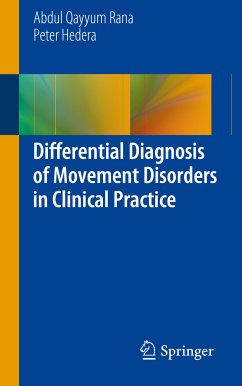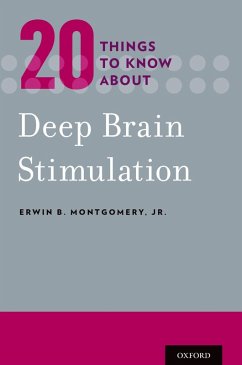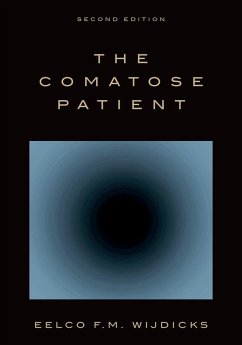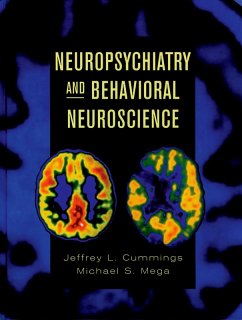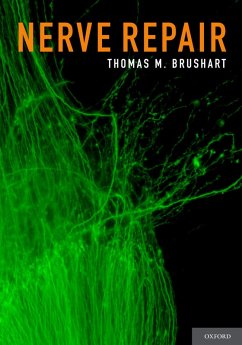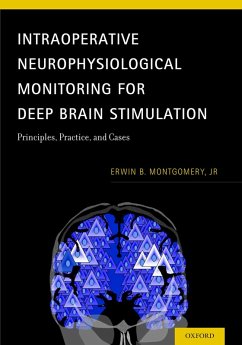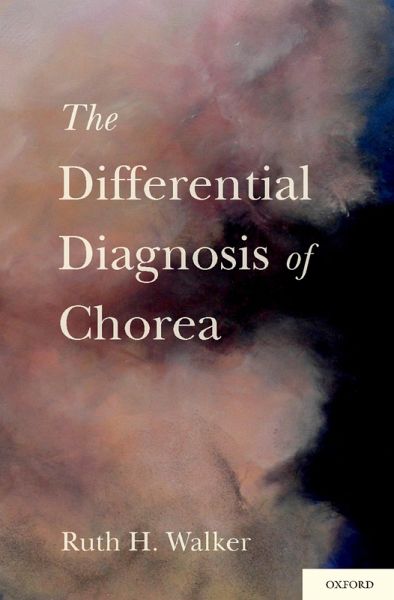
The Differential Diagnosis of Chorea (eBook, PDF)
Versandkostenfrei!
Sofort per Download lieferbar
44,95 €
inkl. MwSt.
Weitere Ausgaben:

PAYBACK Punkte
22 °P sammeln!
The involuntary movement disorder known as chorea can be due to a wide variety of neurological conditions, both genetic and acquired. This volume provides a comprehensive account of these conditions. While Huntington's disease is the prototypic inherited chorea, with the development of the genetic test for this disorder it has become apparent that a small but significant proportion of patients with this phenotype do not have this diagnosis. Although less common than Huntington's disease, it is vital to correctly diagnose these patients with advances in molecular medicine, it is now easier to i...
The involuntary movement disorder known as chorea can be due to a wide variety of neurological conditions, both genetic and acquired. This volume provides a comprehensive account of these conditions. While Huntington's disease is the prototypic inherited chorea, with the development of the genetic test for this disorder it has become apparent that a small but significant proportion of patients with this phenotype do not have this diagnosis. Although less common than Huntington's disease, it is vital to correctly diagnose these patients with advances in molecular medicine, it is now easier to identify new genetic causes of chorea and expand the phenotype of disorders not typically thought to cause this movement disorder. Non-genetic etiologies are also discussed, including medications, structural lesions, psychogenic causes, and metabolic abnormalities. This book describes in detail the latest clinical and etiological information regarding the causes of chorea. Psychopathology, management, and pathophysiology of chorea, are also addressed. Many chapters are contributed by authors working at the forefront of research in the specific disorders, and provide the latest basic and clinical research, some from their own laboratories.
Dieser Download kann aus rechtlichen Gründen nur mit Rechnungsadresse in A, B, BG, CY, CZ, D, DK, EW, E, FIN, F, GR, HR, H, IRL, I, LT, L, LR, M, NL, PL, P, R, S, SLO, SK ausgeliefert werden.




